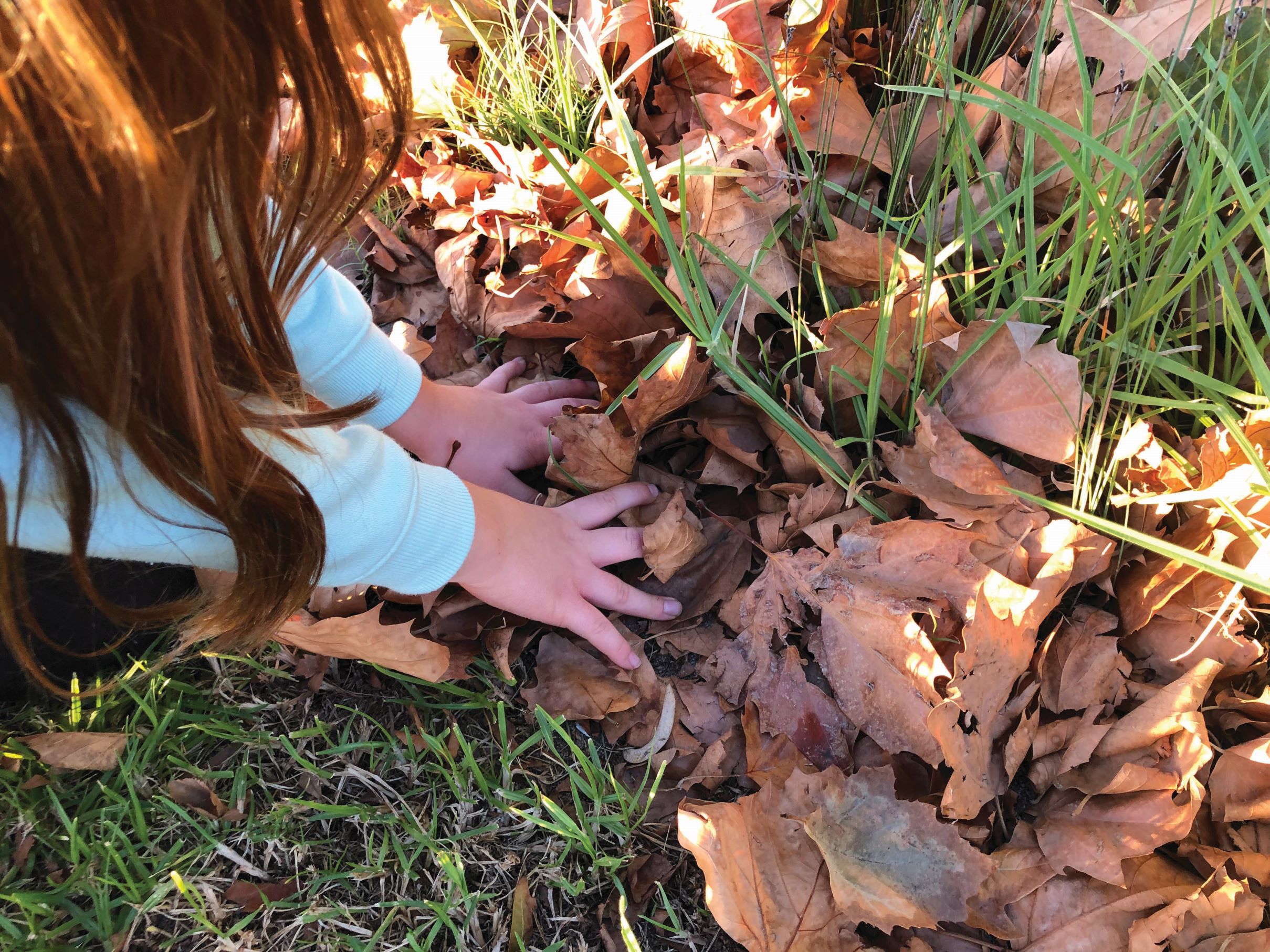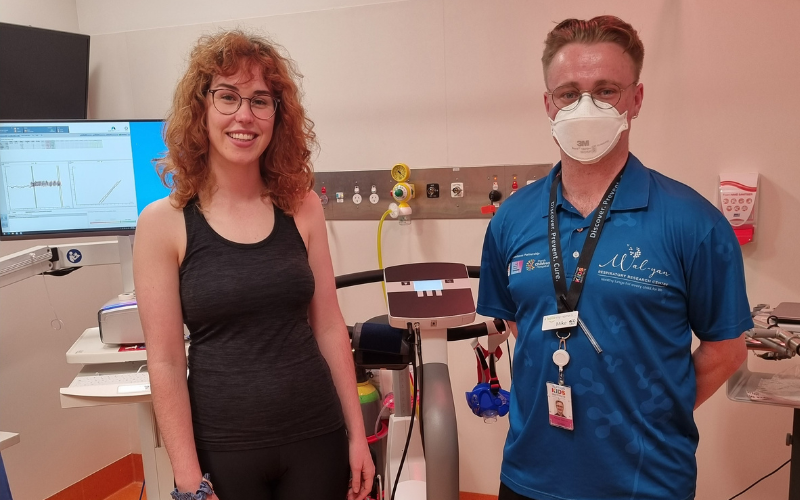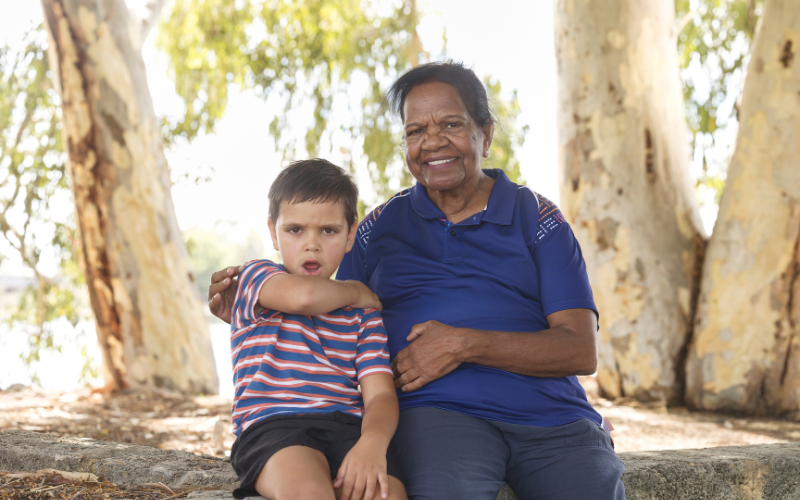Search

An experimental study linked to the Mums Minds Matter project, which aims to determine if pregnant women's willingness to engage in online wellbeing programs varies across types.

Auto-immune diseases such as diabetes, rheumatoid arthritis, muscular dystrophy and multiple sclerosis are associated with dysfunction in the microbiome. You need a balance of healthy bugs in your microbiome to keep it on track.

The Respiratory Physiology Platform at the Wal-yan Respiratory Research Centre offers access to specialist equipment housed within the outpatient research department at Perth Children’s Hospital, dedicated for research use.

News & Events
Researchers one step closer to preventing asthma in childrenWal-yan Respiratory Research Centre PhD student Niamh Troy has found how OM85 helps babies fight off severe lung infections.

News & Events
Thumbs up from first preterm study participant to use new lung function testing equipmentNatasha, who is a participant in the West Australian Lung Health in Prematurity (WALHIP) study, this week became the first person to receive a lung health assessment using new state-of-the-art lung function testing equipment at Perth Children’s Hospital.

News & Events
Wal-yan Centre welcomes new PhD scholarship awardeeThe Wal-yan Respiratory Research Centre this month welcomed new PhD scholarship awardee Yaqin Alziyadat, whose exciting research work will support the Centre’s vision to ensure all children have healthy lungs for life.

News & Events
Perth campaign aims to raise awareness of dangers of a chronic wet cough in Aboriginal childrenAn intensive health promotion campaign which aims to raise awareness of the dangers of a chronic wet cough in Aboriginal children launched this month in Perth.

The agenda of sessions for day two
News & Events
New guidance aims to transform Indigenous healthcare through cultural safety and partnershipA new paper published in Frontiers in Pediatrics offers clinicians a practical roadmap to improve healthcare outcomes for Indigenous children, starting with respect, communication, and cultural understanding.

Promoting healthier lives for children with Cystic Fibrosis
